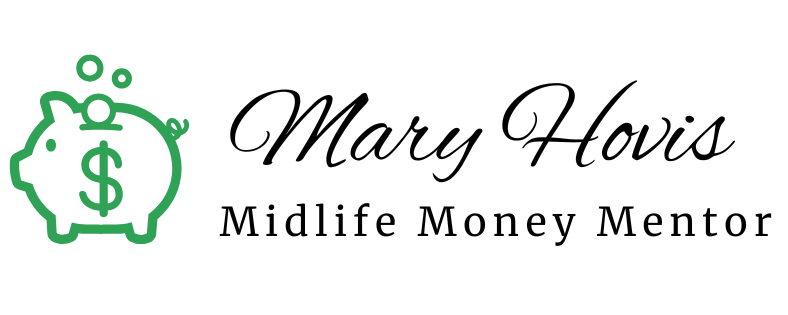Have you ever tried budgeting only to feel like it’s a losing battle? Many women find budgeting to be a time-consuming chore that focuses too much on tracking every penny instead of helping them see the big picture. Instead of getting lost in complicated spreadsheets and endless tracking, let’s explore how a proactive budget can serve as your roadmap to financial freedom.
It’s time to ditch the frustration of traditional budgeting and create a budget that serves as part of a roadmap to your financial freedom. Traditional budgeting often traps you in the past, forcing you to constantly track what you’ve already spent. This can feel overwhelming, especially when you realize how much went to things that don’t truly matter. Instead, let’s focus on a proactive budget that helps you take control by concentrating on your future goals.
You decide in advance what’s most important to you – whether it’s saving for a family reunion, building your retirement fund, or investing in a local community college course to enhance your skills. This way, you’re directing your money to support your future rather than simply reacting to the past.
Transforming Your Budget Approach
A proactive budget is about intentionally deciding how to allocate your money based on your aspirations. Here are five reasons why this approach can empower your financial decisions:
1. Be Proactive, Not Reactive
Most budgets are reactive, tracking spending after the fact. This often leads to frustration when you see where your money has gone. A proactive budget flips the script. You intentionally decide where your money will go, ensuring it aligns with your dreams. For instance, if you want to save for a family vacation, allocate a specific amount each month. This forward-thinking approach helps you focus on what’s ahead rather than dwelling on past spending.

2. Align Your Budget with Your Dreams
A proactive budget connects your spending to your larger life goals. If your dream is to take a Caribbean cruise, set a goal to save a specific amount over the year. For example, saving $2,000 over 12 months means putting away about $167 each month. By prioritizing your goals, you give your money a clear purpose, making it easier to identify where to cut back or save. Imagine the possibilities!
3. Simplify Your Financial Life
Managing finances shouldn’t feel overwhelming. A proactive budget simplifies your financial life by allowing you to focus on major categories like groceries, utilities, and savings for your goals, rather than tracking every small purchase. This streamlined approach makes budgeting more manageable and less time-consuming, helping you make informed decisions quickly.
4. Take Control of Your Financial Future
A proactive budget is action-oriented. Instead of merely tracking past expenses, you actively decide how your money will be used each month. If you know you want to pay off a $2,000 credit card balance, plan to allocate a specific amount toward that debt each month. This clear direction helps you stay on track and reduces impulse spending.

5. Change Your Mindset Around Money
A proactive budget shifts your mindset from reactive to empowered. Instead of viewing budgeting as a restrictive task, see it as an opportunity to invest in your happiness and well-being. If you’ve always wanted to take a painting class, allocate funds specifically for that purpose. This mindset transformation turns budgeting into a tool that enhances your life.
Takeaways
Creating a proactive budget is a powerful way to take charge of your financial future. By focusing on your goals and aligning your spending with your dreams, you can simplify your financial life, take control of your money, and foster a positive mindset around budgeting.
Now is the time to take action! Start by identifying one financial goal that excites you—whether it’s saving for a family vacation, paying off a debt, or investing in a new hobby. Write it down, and then determine how much you need to save each month to reach that goal. Make that part of a simple budget that reflects your priorities and start making intentional choices with your money.
When you stop living in the past and start planning for the future, you’ll discover that financial freedom is closer than you think! Remember, you are capable of amazing things. Now, get started and turn your financial dreams into reality!







